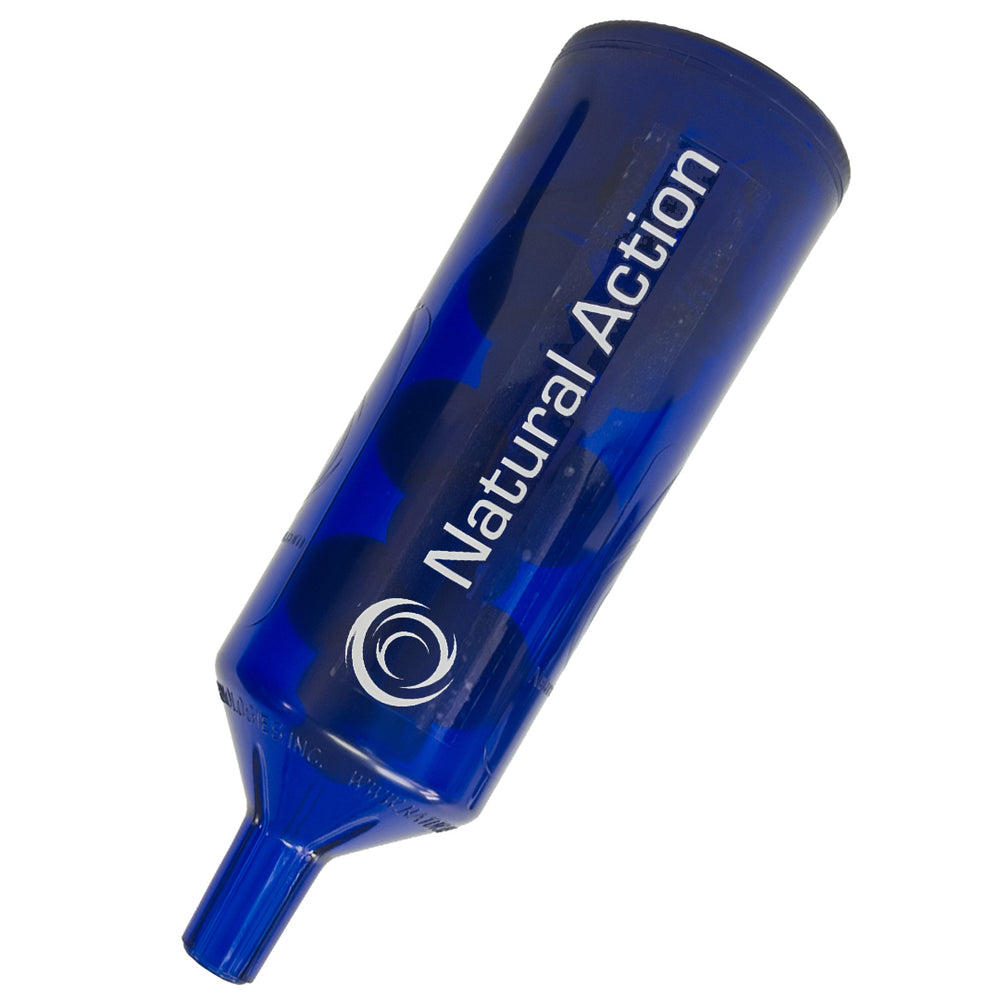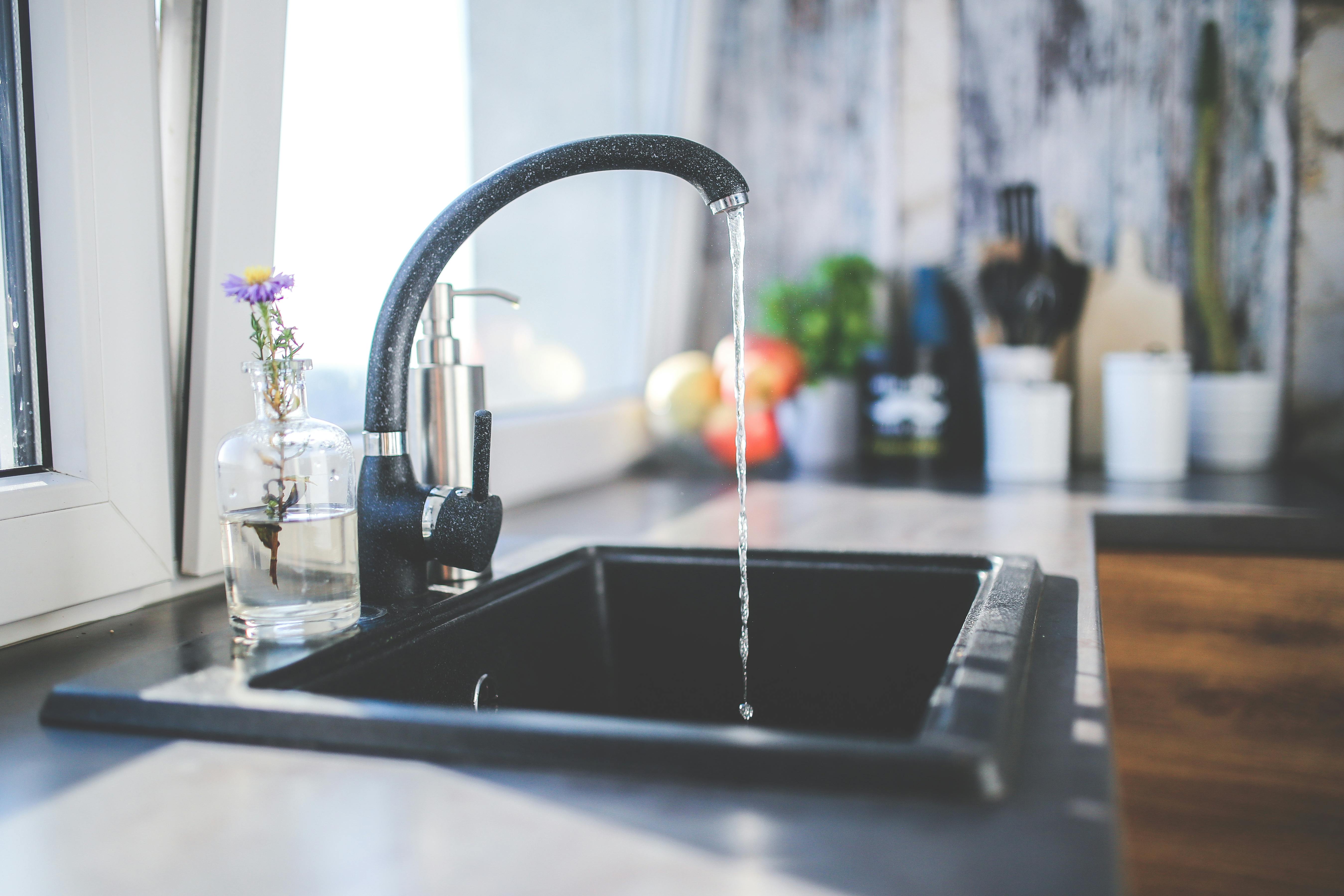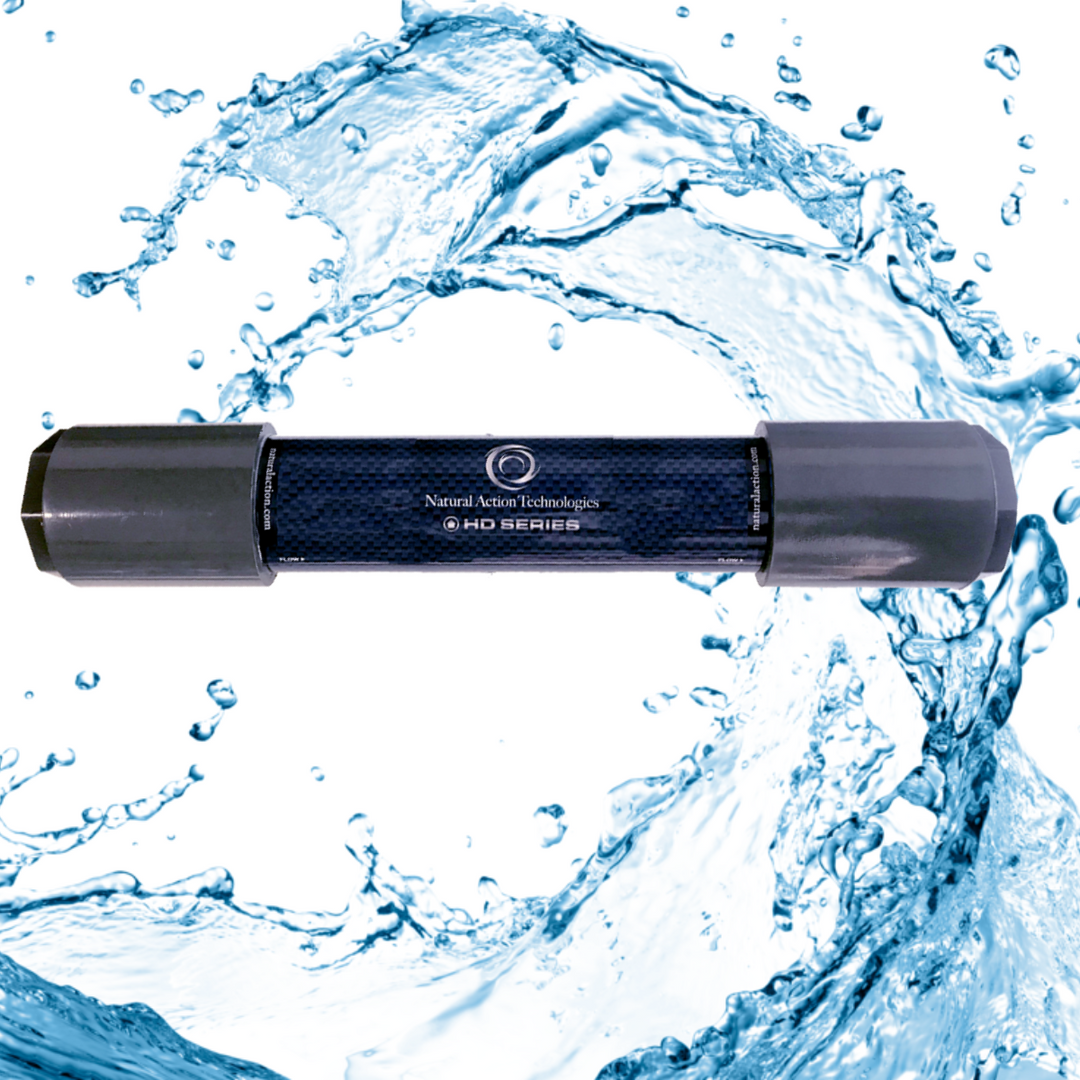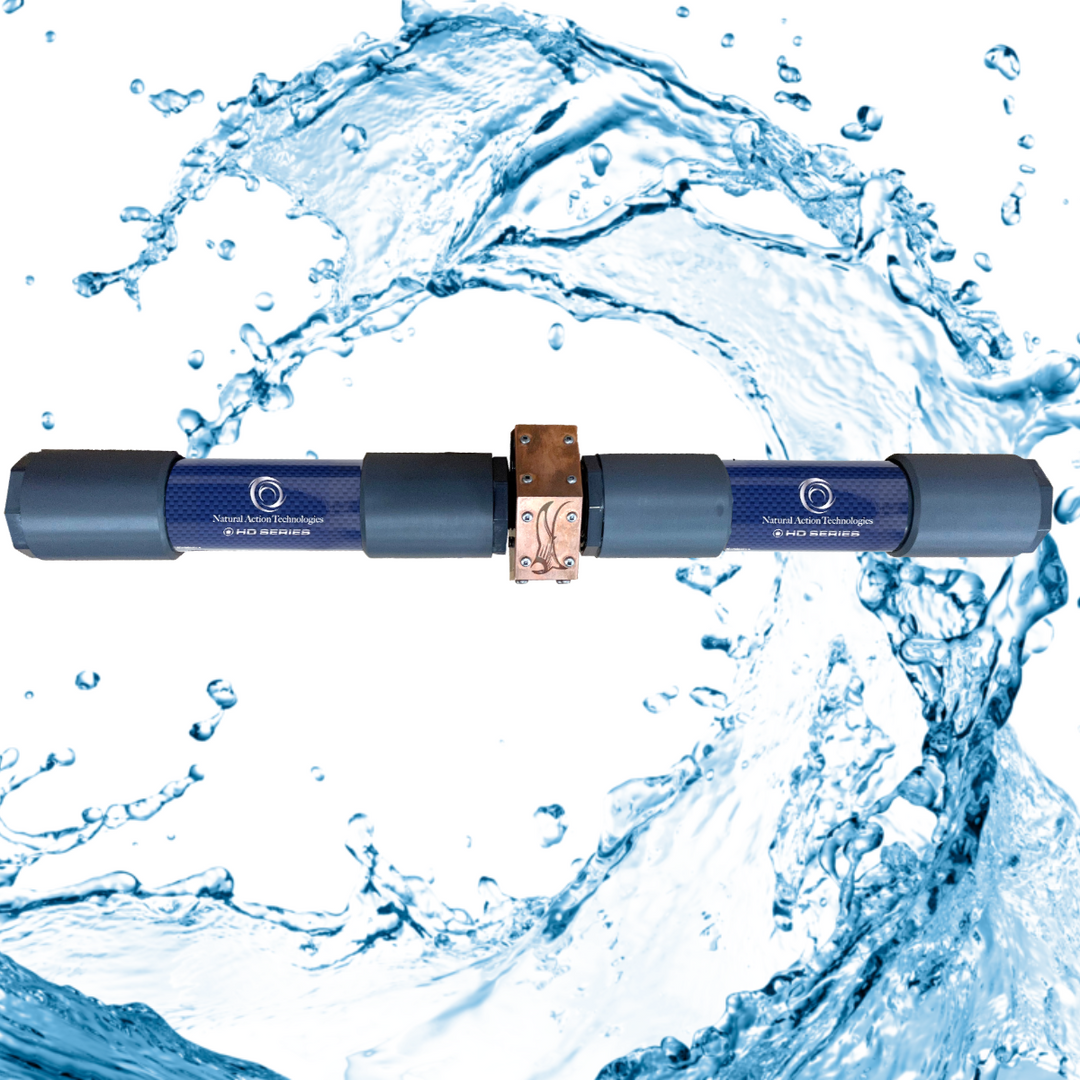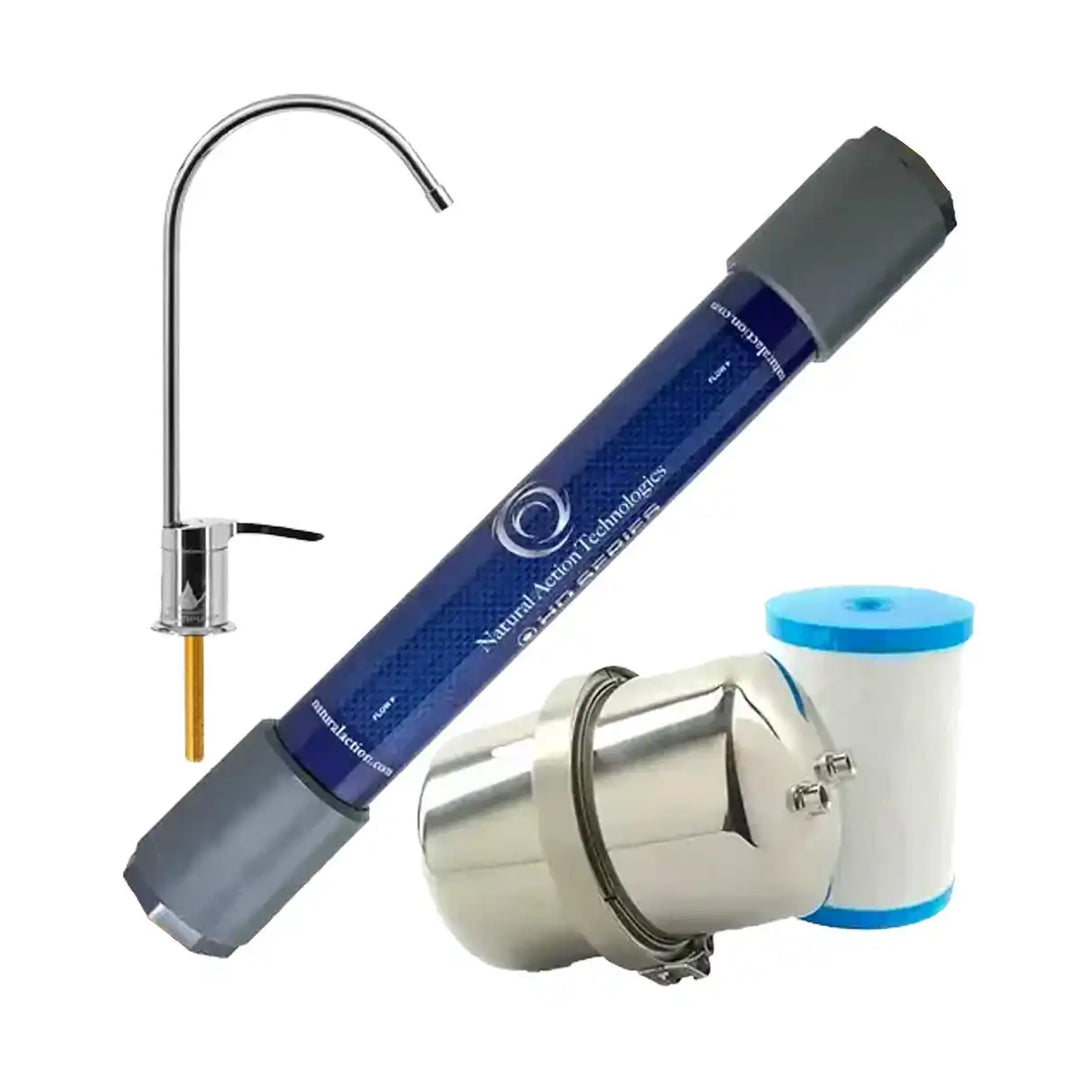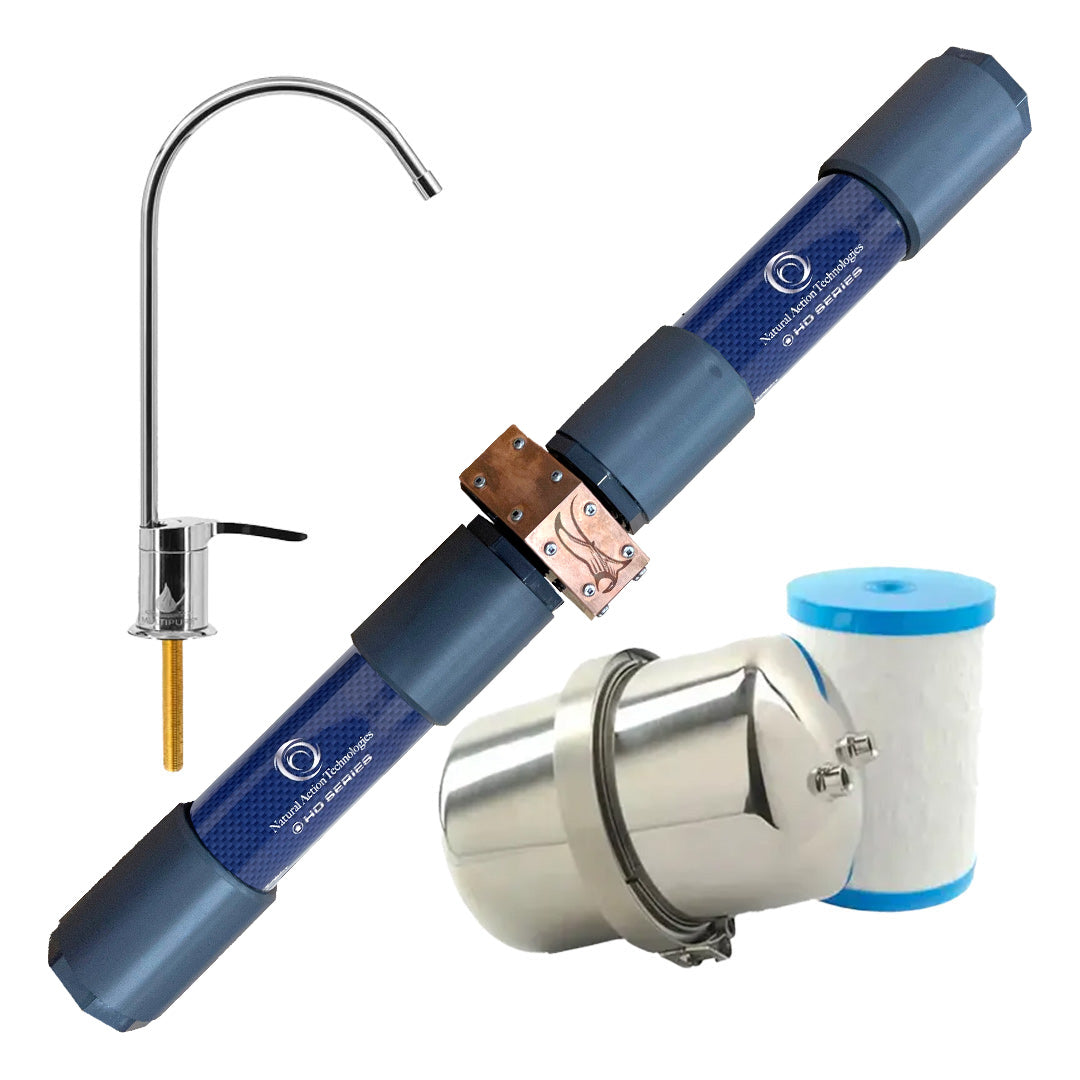Water LIFE WITHOUT PLASTIC - RETHINKING BOTTLED WATER
By Suzanne Forcese
It seems in our sophisticated culture that most of us understand the importance of adequate hydration. We ought to with the constant reminders. Beautiful people imbibing bottled water. The clever marketing techniques with images of pristine glaciers and crystal clear lakes make us want to belong to the health cult forever chasing perpetual youth in what appears to be a connection with nature. With our conveniently packaged and portable ‘life source’, available for purchase practically anywhere, we own a sense of belonging to the trend-seeking tribe. It is so easy to Structure Your Tap Water instead.
In a conversation with Dr. Stephanie Cote whose research specializes in Barriers To Environmentally Desirable Behavior Change, WaterToday learned “Our research,(Cote, Wolfe ) suggests that bottled water is an especially appealing product because it is marketed in a way that allows drinking bottled water to help us manage our death anxiety.”
But do we have a death anxiety connected to our plastics mismanagement? Even though, as environmentally conscious beings, we are also aware of the plastics pollution crisis, we can assuage our guilt of our single use of a plastic bottle, by simply tossing it into the recycling bin. It helps us to feel virtuous.
But...do we really get it? Or has the push to make us responsible for our own hydration and subsequent personal health also created a monster which is controlling us through an intended learned behavioral pattern that has manifested into an addiction? Has this water convenience culture given us permission to unknowingly support an entire industry that is harming our environment and ironically, our health?
In the ongoing quest for answers to these questions, WaterToday had the pleasure of speaking with Jay Sinha, co-author of Life Without Plastic, and co-founder of the company by the same name. Both Sinha and business partner Chantal Plamondon started out with law degrees from McGill. Sinha’s expertise as a scientist with a background in biochemistry and eco-toxicology provided WT with answers that underscore the urgency to break the bottled water habit. “It is a habit largely based on convenience,” Sinha told WT.
We know we have to drink water and “the bottled water industry is allowing us to control our hydration in a personal way.” Cote adds, “Bottled water advertisements tell us that by drinking their product we can push our death farther into the future. Ads also reinforce our self-esteem and cultural world views.
For example, many ads tell us that their product is pure and that we can protect or even enhance our health and youth by drinking it. Many also use depictions of beautiful pristine environments that are far from human contamination or death.” Sinha contends “the industry has targeted the millennials and trained them to become bottled water dependent. It’s clever, because then their children learn that behavior simply by role-modelling.”
Elizabeth Royte, author of Bottlemania, offers a similar sentiment, “Today’s youth have grown up thinking that water comes in bottles, taps aren’t for drinking, and fountains equal filth.” Evidence is piling up With all the evidence piling up, bottled water is still very much the norm and the market continues to implant the habit and pass it on to children. Bottled water is readily available at sports events, conferences, hotels, convenience stores. Sinha says “there are ways to get around it.
Klean Kanteen, for example, is a company that can set up water dispensing stations for events and people can bring their own container.” Think how much better it would be for the environment and our health to have the water structured first. It is indeed a complex issue that requires change. “We (environmental communicators) cannot rely on giving people the facts and telling them about all the negative problems that can be fixed if people change their behavior. Information alone is not motivating for generating sustained desirable behavior change. We need to broaden our messages to speak to diverse individuals, embrace emotion, and positively promote our initiatives,” Cote told WT. Sinha, with his vast scientific knowledge, creativity, and willingness to educate the benefits of life without plastic and behavioral training is definitely on that path.
Isn't it time you gave up drinking bottled water and structure your tap water instead? Not only will you have better water, you will help with the plastic crisis.




